Niheer Dasandi
Multiplex Communities and the Emergence of International Conflict
Jun 02, 2018



Abstract:Recent advances in community detection reveal new insights into multiplex, time-dependent, and heterogeneously structured networks. Less work, however, empirically investigates the relationship between membership in these communities and observable outcomes in social systems. We investigate this question in the domain of politics with an application to a crucial outcome of scholarly interest: the onset of violent conflict in the international system. We differentiate between stronger signals of observed relations and weaker signals of affinity and perform multilayer community detection to locate dense multiplex blocs of countries. Although it is often assumed that detected communities are associated with cooperative outcomes, we find evidence that membership in these communities can also be a significant predictor of conflict. The results point to the need to devote more empirical attention to the relationship between different tie types and observed network outcomes in community detection research.
Disunited Nations? A Multiplex Network Approach to Detecting Preference Affinity Blocs using Texts and Votes
Feb 01, 2018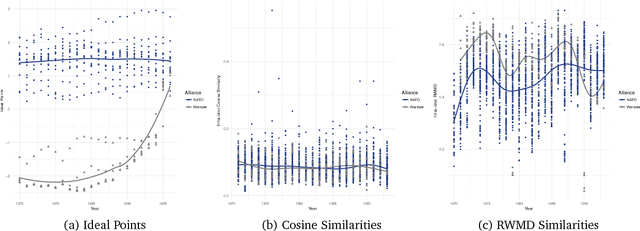
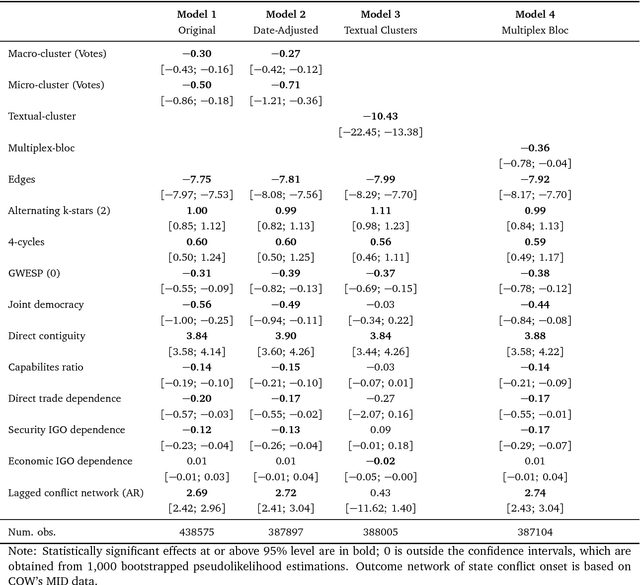
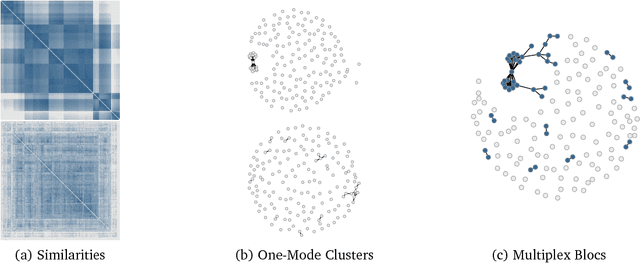
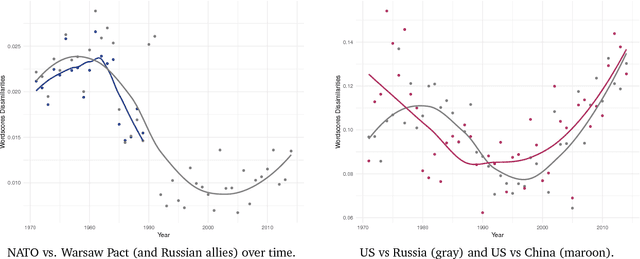
Abstract:This paper contributes to an emerging literature that models votes and text in tandem to better understand polarization of expressed preferences. It introduces a new approach to estimate preference polarization in multidimensional settings, such as international relations, based on developments in the natural language processing and network science literatures -- namely word embeddings, which retain valuable syntactical qualities of human language, and community detection in multilayer networks, which locates densely connected actors across multiple, complex networks. We find that the employment of these tools in tandem helps to better estimate states' foreign policy preferences expressed in UN votes and speeches beyond that permitted by votes alone. The utility of these located affinity blocs is demonstrated through an application to conflict onset in International Relations, though these tools will be of interest to all scholars faced with the measurement of preferences and polarization in multidimensional settings.
What Drives the International Development Agenda? An NLP Analysis of the United Nations General Debate 1970-2016
Aug 19, 2017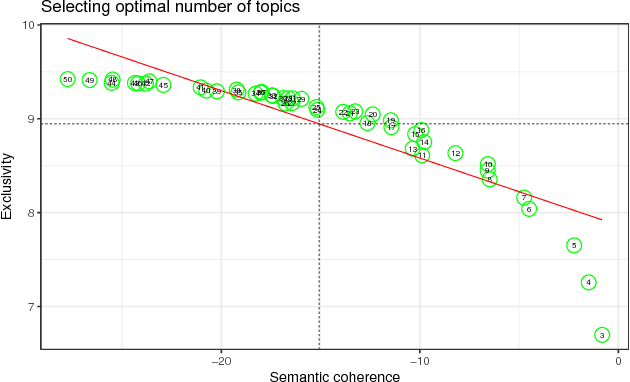
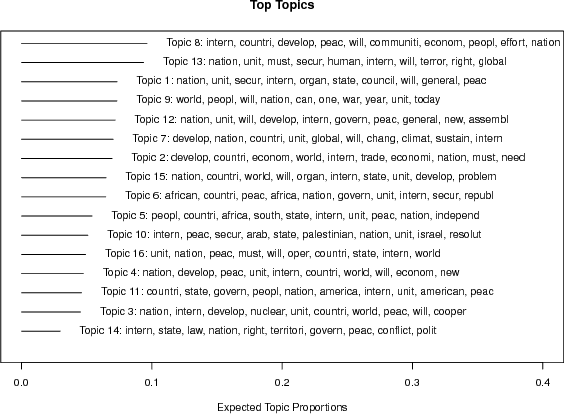
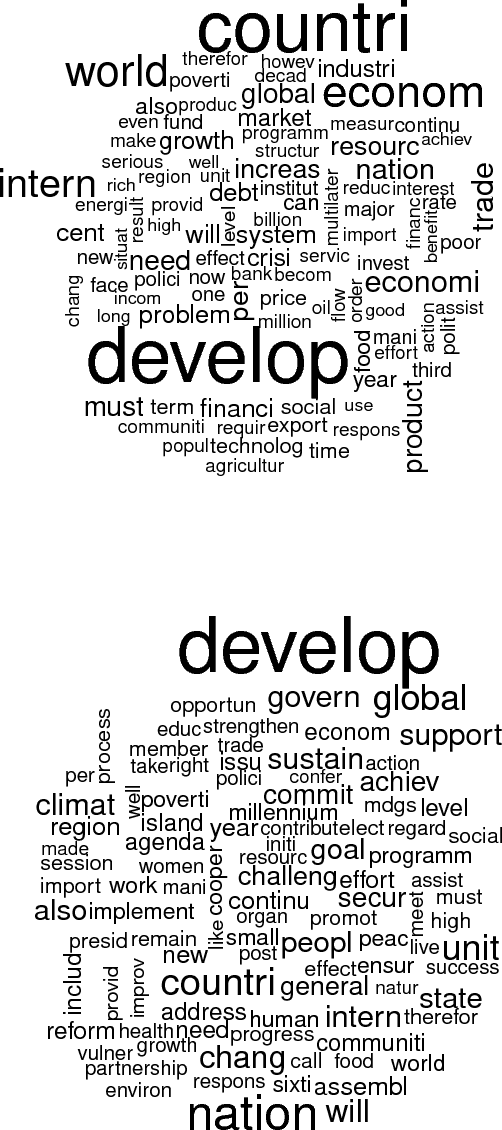
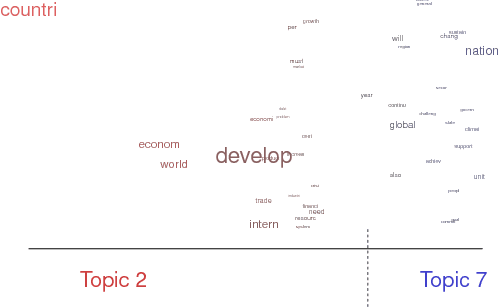
Abstract:There is surprisingly little known about agenda setting for international development in the United Nations (UN) despite it having a significant influence on the process and outcomes of development efforts. This paper addresses this shortcoming using a novel approach that applies natural language processing techniques to countries' annual statements in the UN General Debate. Every year UN member states deliver statements during the General Debate on their governments' perspective on major issues in world politics. These speeches provide invaluable information on state preferences on a wide range of issues, including international development, but have largely been overlooked in the study of global politics. This paper identifies the main international development topics that states raise in these speeches between 1970 and 2016, and examine the country-specific drivers of international development rhetoric.
Understanding State Preferences With Text As Data: Introducing the UN General Debate Corpus
Jul 10, 2017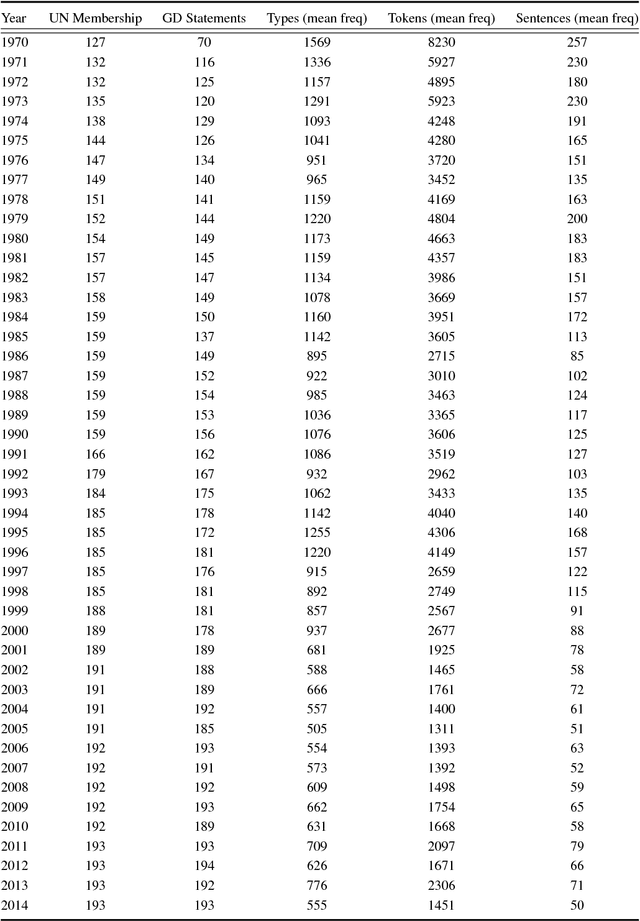
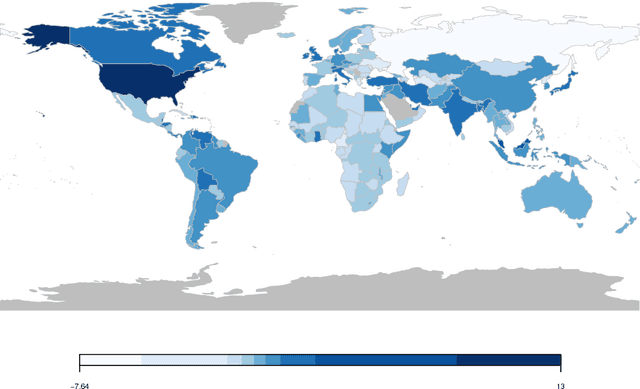
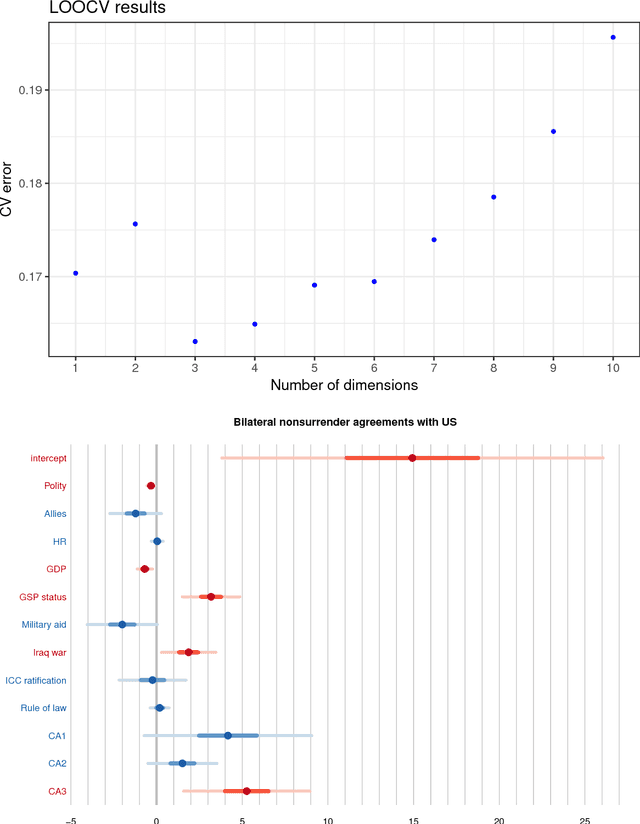
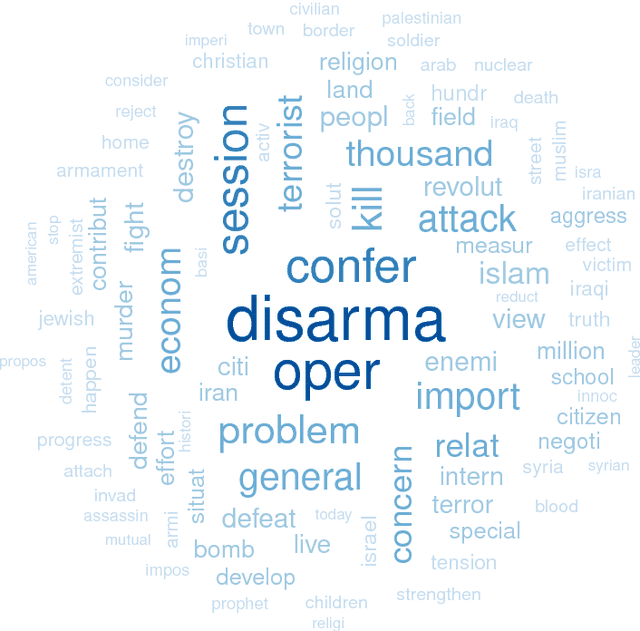
Abstract:Every year at the United Nations, member states deliver statements during the General Debate discussing major issues in world politics. These speeches provide invaluable information on governments' perspectives and preferences on a wide range of issues, but have largely been overlooked in the study of international politics. This paper introduces a new dataset consisting of over 7,701 English-language country statements from 1970-2016. We demonstrate how the UN General Debate Corpus (UNGDC) can be used to derive country positions on different policy dimensions using text analytic methods. The paper provides applications of these estimates, demonstrating the contribution the UNGDC can make to the study of international politics.
 Add to Chrome
Add to Chrome Add to Firefox
Add to Firefox Add to Edge
Add to Edge